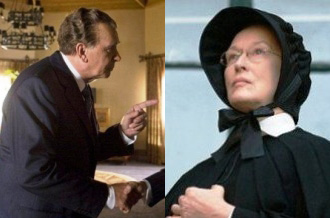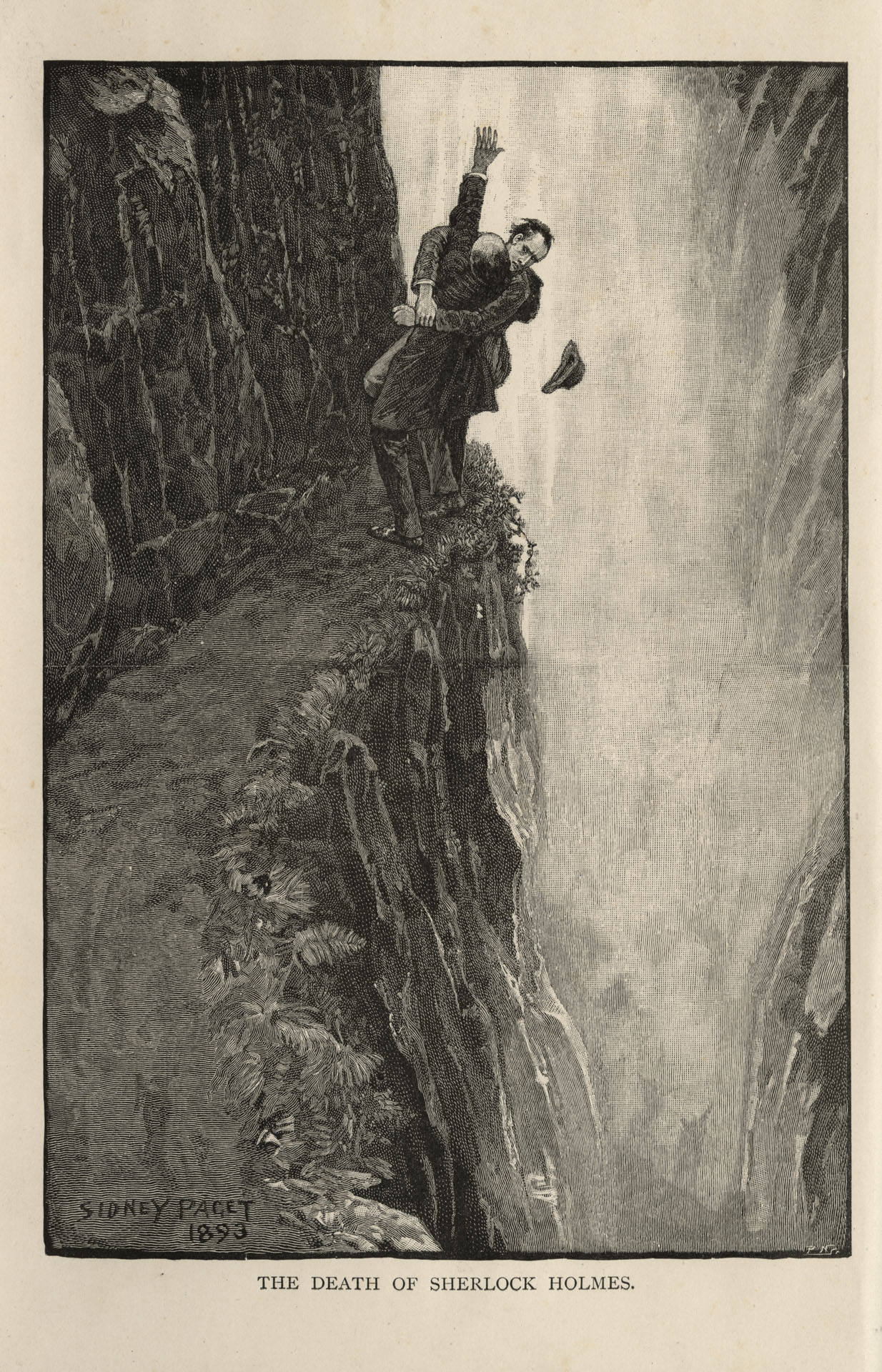Looking at two recent films, I was struck not only by the similarities in deception but how the underlying aspect of fear transports individuals to act in unethical ways.

Frost-Nixon is about the final disintegration of a man’s character. (For some, that would be assuming Nixon had any character to begin with.) But what the film shows us is how easy it is to believe your own lies if you’re just forceful and passionate enough in justifying them.
We’ve all lied at one time or another but, for most of us, we know that we’re caught in a no-win situation; a situation in which most of us ultimately come clean. But the dishonesty by elected officials, in a certain sense, causes far greater damage because of the anger and cynicism it breeds. The lies of Richard Nixon and others since cause us to distrust the institutions they represent and carve away at the idealism of a younger generation wishing to serve.
I once asked the head of the Office of Government Ethics why politicians – most of whom are smart people – think they can get away with deceit given the many examples of colleagues who’ve been caught. His response: “Jim, it comes down to a very familiar expression, ‘Power corrupts, and absolute power corrupts absolutely,’ and the simple delusion that it can’t happen to them.”
Nixon used the power of the presidency to rationalize a lie told to protect his own power base:
An incredulous Frost: “Are you saying the President can do something illegal?”
Nixon: “I’m saying that when the President does it that means it’s NOT illegal!”
Doubt is about a nun’s irrational fear that her power is threatened by the parish priest, which justifies her lying in order to remove the threat.
For the imperious Sister Aloysius, her suspicions cause her to doubt every action by Father Flynn. Three lumps of sugar in his tea raises an eyebrow, a suggestion of singing “Frosty the Snowman” at the Christmas pageant provokes paganistic shock, compassion for a young black student becomes grounds for abuse. Regardless of the lack of tangible evidence, her mind is made up.
“You haven’t the slightest proof of anything!” Flynn says.
“But I have my certainty!’ the autocratic nun declares. “And armed with that, I will go to your last parish and the one before that if necessary.”
There’s an added twist in the plot of Doubt that gives Sister Aloysius pause, but only for a moment. Her consuming apprehension completes her conviction in such a way that nothing, not even sympathy, will prevent her from bringing about the transfer of Father Flynn to another parish.
In both Frost/Nixon and Doubt we have characters that lie to cover up a fear: loss of control, loss of power. Both Sister Aloysius and Richard Nixon are adamant that they are protecting the greater good in the deception and, sadly, both are willing to go to any length no matter the cost to others.
Watergate became the quintessential political betrayal of trust between the American people and Washington. The Catholic Church will be dealing with the distrust brought about by the lies told concerning sexual abuse for decades to come.
In the end, Sister Aloysius and Nixon are left isolated, swollen with their fears and distortions causing them to offer-up a semi-apology that is both too little and too late.
Sitting in the cold austerity of a late winter in the church garden, Sister Aloysius cries to her youngest colleague, “Sister James… I have doubts. I have such doubts.”
A tired, defeated Nixon looks into the TV camera and admits,” I let down my friends. I let down the country… I let the American people down…”
Early in Doubt, the young Sister James is lecturing her class about Franklin Roosevelt as Sister Aloysius enters and moves to the back of the class looking for the slightest incongruity in both students and teacher.
Sister James asks a student to explain what Roosevelt meant when he said, “The only thing we have to fear is fear itself!”
The student takes a moment then offers, “I think he was trying to say that there’s nothing really wrong, you know? So, don’t get so emotional.”
The sub-textual message is lost on Sister Aloysius who is too busy dressing-down a boy listening to a portable radio.
“Maybe,” Sister James adds, “he was saying that the world is good and we need only work together to overcome our problems,”
A lot more compassion and a lot less fear would be a good start.
Comments









